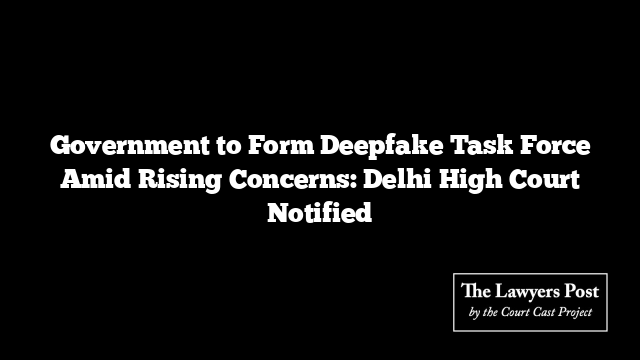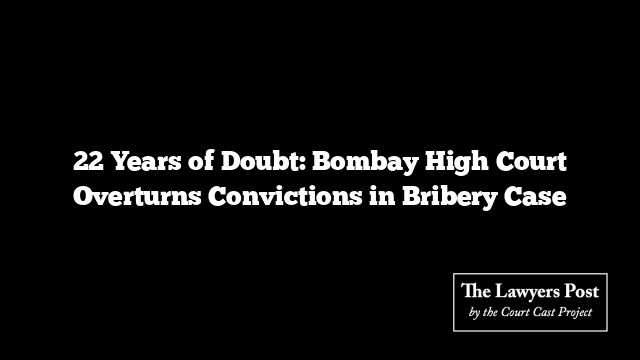In a significant development, the Central government has informed the Delhi High Court of its plans to establish a dedicated committee to address the growing misuse of deepfake technology. This move follows the Court’s earlier query on measures being taken to counter the malicious use of digitally manipulated videos.
A bench led by Chief Justice Manmohan and Justice Tushar Rao Gedela was apprised by the Ministry of Electronics and Information Technology (MEITY) that an official directive to create the Deepfake Committee was issued on November 20. The Court has now directed the government to finalize and name the committee members within a week.
This specialized task force will engage with a diverse array of stakeholders, including internet platforms, telecom operators, victims of deepfakes, and websites employing the technology. Petitioners have been invited to provide input, ensuring that the committee’s recommendations reflect practical and comprehensive solutions.
The Court also advised the panel to evaluate regulatory frameworks in other regions, such as the European Union, and incorporate these insights into their report. A detailed document on findings and actionable suggestions is expected within three months.
Deepfake technology, which allows for the creation of hyper-realistic digital impersonations, has raised alarms globally due to its potential for misuse, including spreading misinformation and violating privacy. The Court is addressing petitions filed by journalist Rajat Sharma and another petitioner seeking stringent regulations to curb its exploitation.
In its response, the government disclosed ongoing efforts to counter deepfake misuse, including funding research for detection tools and exploring crowdsourced platforms to enhance identification. It also highlighted initiatives to develop software capable of tackling this issue at scale.
The next hearing on the matter is scheduled for March 24, 2025, as the Court monitors progress on this urgent issue.
This announcement underscores the increasing need for proactive measures to safeguard against the dark side of emerging technologies, ensuring they benefit society without undermining trust or security.





